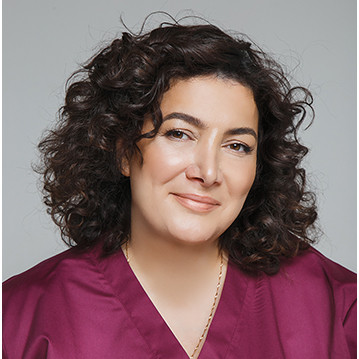Anal fissures are a common proctological problem that affects both men and women. The disease, accompanied by a violation of the integrity of the mucous membrane of the anus, brings emotional and physical discomfort.
Causes of the disease
Anal fissures occur due to frequent constipation, malnutrition, excessive power loads, and injuries. Most prone to the disease are people leading a sedentary lifestyle. In women, cracks in the anus can occur after pregnancy and labor.
When should you see a doctor?
The presence of cracks in the anus can be determined by the following symptoms:
- Pain in the anus, both during and after stool.
- Discharge of blood during bowel movements.
- Spasm of the posterior opening.
- Itching of the anus.
If at least one of the listed signs appears, you need to make an appointment with a proctologist.
Disease types
Pathology occurs in two forms - acute and chronic. In the acute course of the disease, the gap is 1-2 cm long. It has clear edges. Bumps form near chronic anal fissures that have existed for at least a month, and the act of defecation is accompanied by bleeding.









